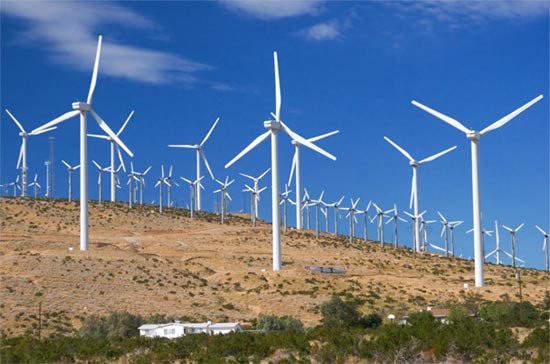Tuesday, 03/03/2026 | 19:20 GMT+7
The Investment Law 2014 officially takes effect on July 1st, 2015. The Law states that 13 industrial groups will receive investment incentives. These manufacturing industries include clean energy, renewable energy, manufacturing of 30% value added products or energy-saving products.
The three geographical areas identified by law for investment incentives include: Areas with difficult socio-economic conditions; Areas with specially difficult socio-economic conditions; Industrial parks, export processing zones, high-tech zones and economic zones.
Regarding the procedures for the incentives to be enacted, the projects with granted Investment Registration Certificate, shall clearly specify the contents of investment incentives, the backgrounds and conditions for application of investment incentives into the investment registration certificate.
For those projects unclassified as bearing an Investment Registration Certificate, the investors still benefit from investment incentives, if they respond to the conditions of investment incentives without going through the procedures for issuance of Investment Registration Certificate.

June 1st 2015 is also a milestone for the new decision of the Prime Minister to take effect on encouragement of investment, and development of public passenger transport vehicles.
Accordingly, the public passenger transport services by bus on a national scale will be prioritized with the allocation of sufficient funds from the State budget for the formulation and planning of public passenger transport, and also facilitated to access the preferential loans.
The Government delegates Provincial People's Committees of provinces and centrally-controlled cities to resort to the local resources to support with interest rates for investment projects in infrastructure construction in the service of public passenger transport by bus.
The investment in bus transport will be exempted from taxes on imported components and spare parts (which can not be locally produced) for bus assembling. When investing into clean energy buses, the investors will be exempted from registration fees.
These two incentives, out of many efforts of the Government, are meant to promote investment activities into new energy sources, alternative renewable energy, to reduce the fossil energy use, as well as to improve the energy efficiency.
Trong Tan







